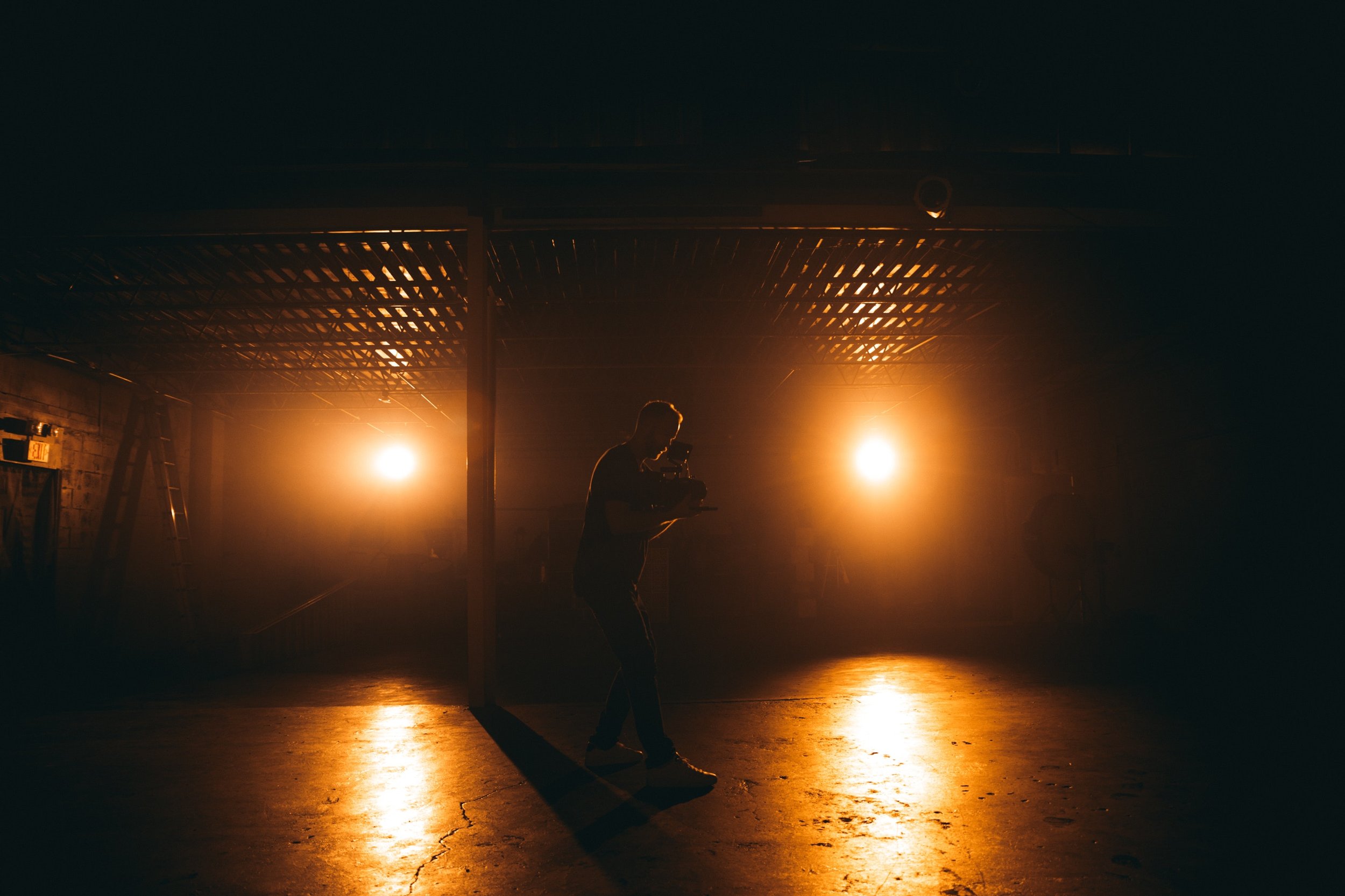
Welcome to WECA’s Resource Hub!
Resources to Support Wellbeing
Resources to Support Wellbeing
-
This info sheet gives information about suggestions for dealing with grief.
-
This info sheet gives information about suggestions for coping with the holiday season.
Info Sheets
Toolkits
-
A toolkit designed for to support wellbeing at the start of a new production. This toolkit includes activities that enhance body awareness, self-regulation, containment, boundaries and much more.
Mindfulness
Therapy Resources
-
Locate a therapist that specializes in working with entertainment industry professionals by clicking here.
-
Are you a therapist who works with individuals in the entertainment industry? Consider joining our referrals network today by sending an email to hello@wellbeinginentertainment.org
Online Courses
(coming soon!)
Pre-Recorded Workshops
Process Groups
-
Led by a trained facilitator, this monthly, 60-minute group welcomes all entertainment industry workers who would like to join others in community to process the highs and lows of creative work. We ask for a $15 donation for each group.
-
Led by a trained facilitator, this monthly, 60-minute, donation-based group welcomes all intimacy coordinators, wellbeing coordinators/facilitators and mental health first aiders to share in community to discuss the challenges of providing care and support to others in need. We ask for a $15 donation for each group.
Community Resources
-
The Hollywood Commission offers a non-crisis helpline to help entertainment workers address workplace harassment, discrimination, bullying, and other forms of abuse.
-
Resources for entertainment industry support staff.
-
Provides assistance for members of the motion picture entertainment industry (exhibition, distribution and trade services) who are experiencing an illness, injury or life-changing event.
-
Free and confidential social service programs for a wide array of challenges faced by people in performing arts and entertainment.
-
Offers emotional and financial relief services to entertainment workers and their families during hardship.
-
Provides financial assistance to eligible SAG-AFTRA members and their families for basic expenses, including rent, utilities, and car insurance
-
-
Comedy Gives Back is the safety net for the comedy community by providing financial crisis relief, mental health and chemical dependency treatment.
-
An unrestricted grantmaking program for disabled and historically underrepresented young adults pursuing careers in writing and filmmaking in Los Angeles.
What the Research Tells Us
What the Research Tells Us
The research on entertainment workers' mental health and wellbeing is scant and scholarly, peer-reviewed research is limited. What we know from our limited research is that people who work in entertainment are hurting. These workers experience a high rate of mental health and substance abuse challenges.
Below are highlights from research developed by our friends and colleagues around the world:
-
In 2022:
-Some improvements in measures were noticed.
-46% had experienced bullying, harassment, or discrimination in the past
year (a 7-point reduction)
-80% of respondents sensed a positive change in the industry’s capability to
provide support
-11% describe the industry as a mentally healthy place to work
-75% worried about future income
-33% of respondents worked more than 50 hours in the week before the survey,
compared to 39% in 2021 -
-9 in 10 of nearly 5,000 respondents had experienced a mental health problem
-57% had experienced bullying, harassment or discrimination in the past year; while two-thirds (67%) had witnessed these behaviors
-Four in 10 (39%) of Black, Asian and minority ethnic respondents had experienced racial harassment or discrimination in the past year
-43% of female respondentshad experienced bullying in the past year, compared to 34% of men
-20% say that people working in the industry have positive attitudes towards people experiencing mental health issues.
-only 10% of respondents agreed that the industry was a mentally healthy place to work
-65% of respondents said they had thought about leaving the industry in the past year because of concerns about their mental health
-Nearly half of respondents (46%) said that they simply didn’t have the time to access mental health support
-78% say that work intensity is having a negative impact on their mental health
-
The Film and TV Charity in the United Kingdom published TheLooking Glass Survey in February of 2020. The survey consisted of
roughly 10,000 film and television workers found that:-87% of respondents reported experiencing a mental health
problem at some point compared with 65% of the general
population.
-64% of respondents had experienced depression compared
with 42% of the general population.
-More than half the sample considered taking their life,
compared with one in five nationally.
-two in five women reported sexual harassment at work
-Black men reported higher rates of bullying (69%) compared
with 50% of the total population sampled
-87% of women from ethnic backgrounds reported bullying at
work -
Interviews with 36 individuals and a survey conducted with 2904 participants across all sectors of the Entertainment Industry in Australia.
Key Findings:
-44% of Entertainment Industry Workers don’t get enough sleep
-30.2% always work unpredictable hours
-57.9% of Entertainment Industry Workers have problems finding time for their families
-The most common mental health diagnoses reported across the three groups is depression followed by anxiety.
-44% of industry workers have moderate to severe anxiety. This is 10 times higher than the general population
-The levels of depression symptoms are five times higher than general population scores.
-Suicide attempts for Australian Entertainment Industry workers are more than double that of the general population.
-Suicide planning for Australian Entertainment Industry workers is 4-5 times more than general population.
-
Bullying and Harrassment
Working with Distressing Content
Bias and Discrimination
Lack of Autonomy
High-Pressure Work Environments
Unsafe Working Conditions
Stigma and Fear
Financial Insecurity and Economic Uncertainty
Long Work Hours/Fatigue

